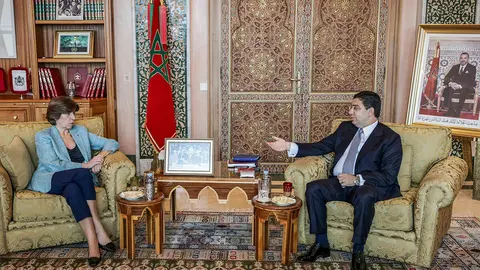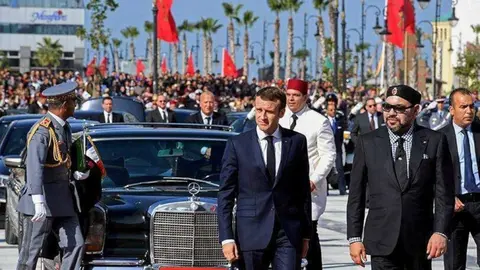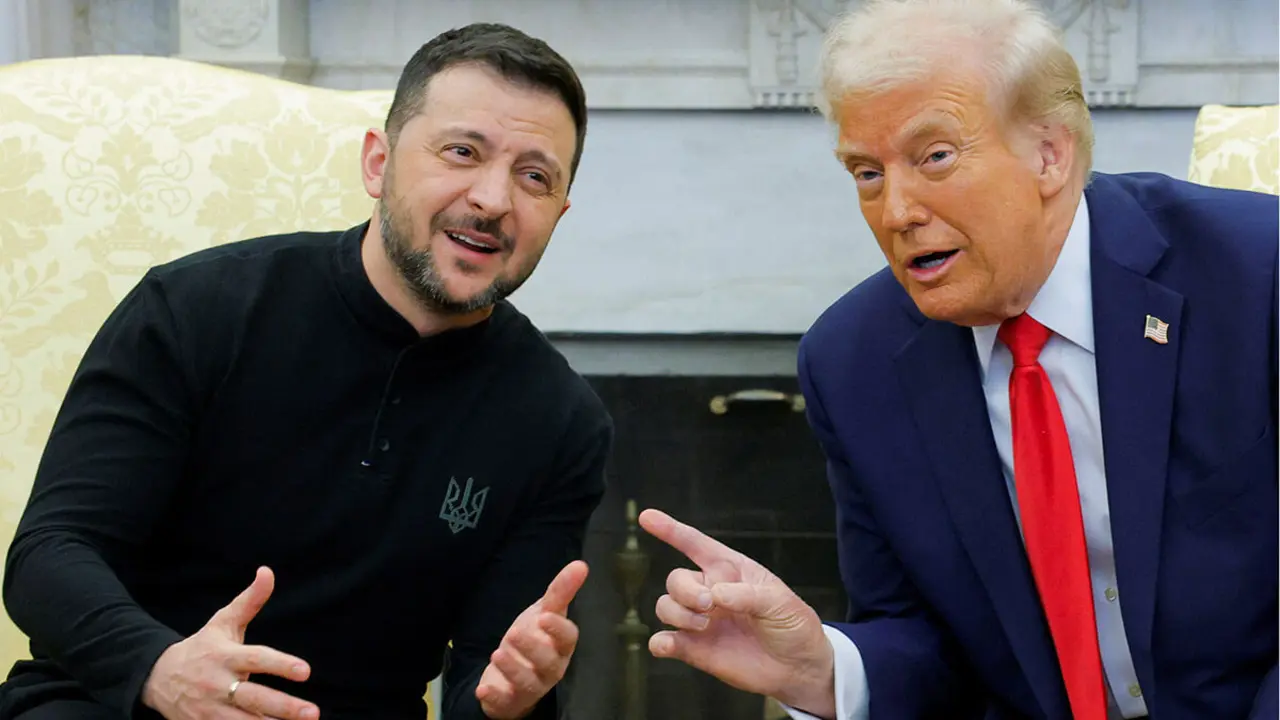Morocco swaps France for Israel as space partner
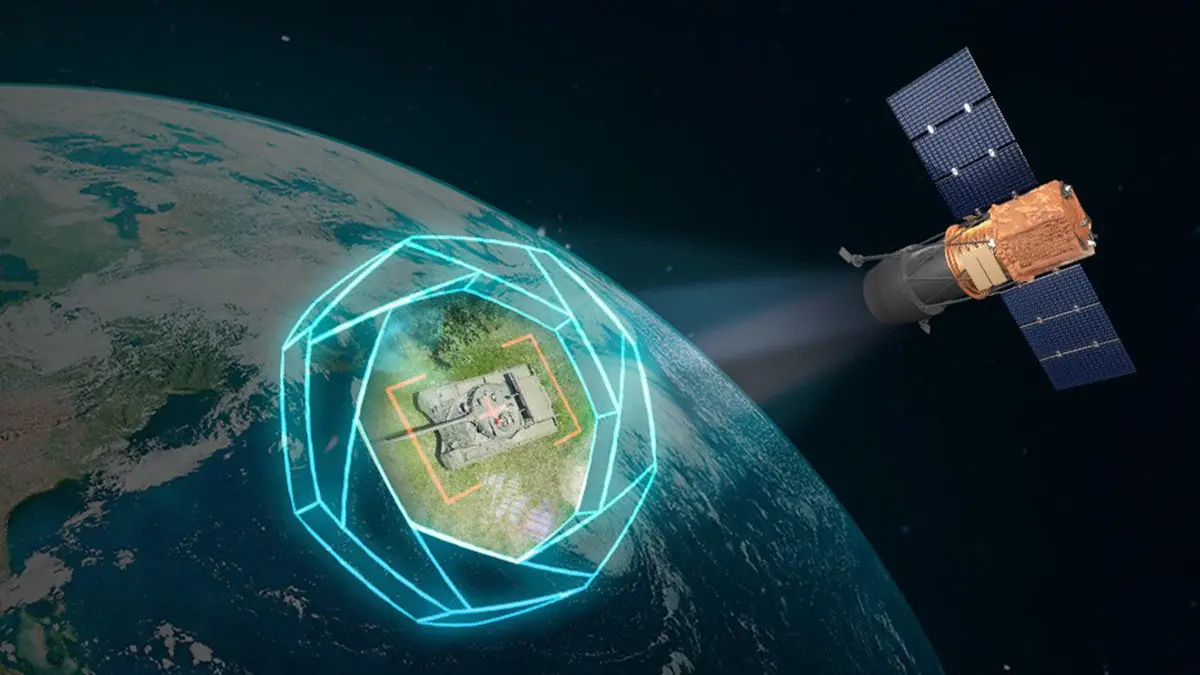
Morocco wants to upgrade its network of space satellites. Tension in the region and the race - in which it has a wide lead over its Algerian rival - for leadership of North Africa are forcing Rabat to step up its efforts in all sectors. Space is one of the most important, as evidenced by the agreement reached with Israel Aerospace Industries (IAI) for the renewal of two of its observation satellites.
Israel ahead of France
If there is one thing the Moroccan government has made clear, it is that it will not hesitate to prioritise partners if the quality of the agreement depends on them. It has done so once again by pushing aside France, which, together with Airbus and Thales Alenia Space, was responsible for the Alawi kingdom's previous satellites. Israel is now overtaking the French and will be responsible for reinforcing the country's technological capabilities.
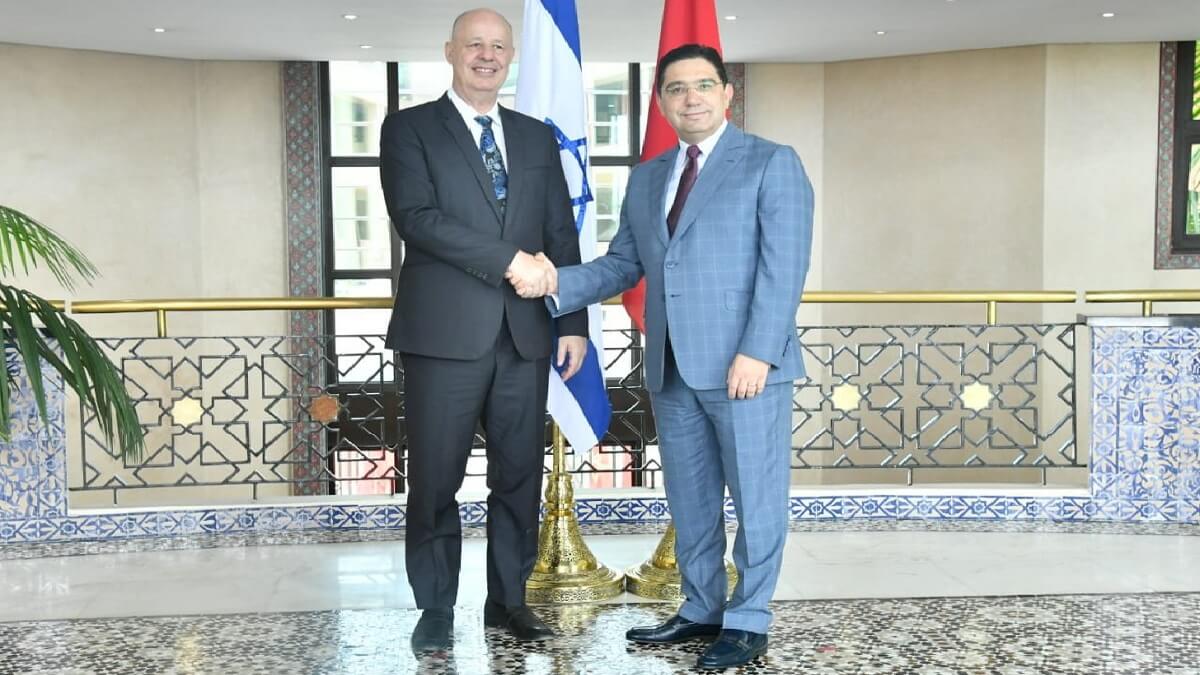
IAI acts as "prime contractor or subcontractor in major aerospace, land, maritime and cyber domain programmes". It has a wide range of weaponry, from unmanned aerial systems to ground robotics and a large portfolio of guided weapons and munitions. But its speciality revolves around the modernisation of military helicopters and aircraft, which, together with its experience with reconnaissance satellites, has led Morocco to choose this company.
And it is not just for the sake of renewing its existing satellites. Aziz Akhannouch's government wants to incorporate new observation satellites, specifically the OptSat-3000. These latest-generation satellites, produced by IAI, offer a resolution of 40 cm, compared to 70 cm for the current Mohammed-VI satellites.
The reasons for Morocco's estrangement from France
Diplomatic relations between Morocco and France are not at their best. In fact, they have not been for some time. For one reason or another, rifts between Paris and Rabat have not been rare in recent years. Recent events have not removed a trend that has ended in a rift to the point where the French have been sidelined and are looking for a new partner in the space sector.
However, France wants to change this trend. To this end, the new French Foreign Minister, Stéphane Séjourné, has begun a rapprochement with Morocco, or at least has shown his country's predisposition to redirect its diplomatic ties. In an interview published on Sunday by the French daily Ouest France, the minister said that President Emanuel Macron "personally asked him to get involved in Franco-Moroccan relations".
They want to make ties with Morocco a priority, but if there is a barrier to overcome it remains the Sahara file. It is no secret that Morocco's diplomatic relations with the rest of the country are heavily conditioned by support for Morocco's proposal for autonomy for the Sahara under Moroccan sovereignty. And while rumours are growing of a possible French recognition of the Moroccan Sahara, this fundamental step has not yet been taken.
While it is true that there are still differences between Rabat and Paris - which they have not bothered to hide with the Moroccan rejection of French aid during the earthquake that devastated Morocco or the expulsion of two French journalists for not having their accreditation in force - recognition of the Moroccan Sahara, as the United States, Spain and Germany have already done, would be a key step. Hence, if France wants to regain its position as Morocco's fundamental ally, such recognition would seem essential in this redirection of diplomatic relations between the two countries.

